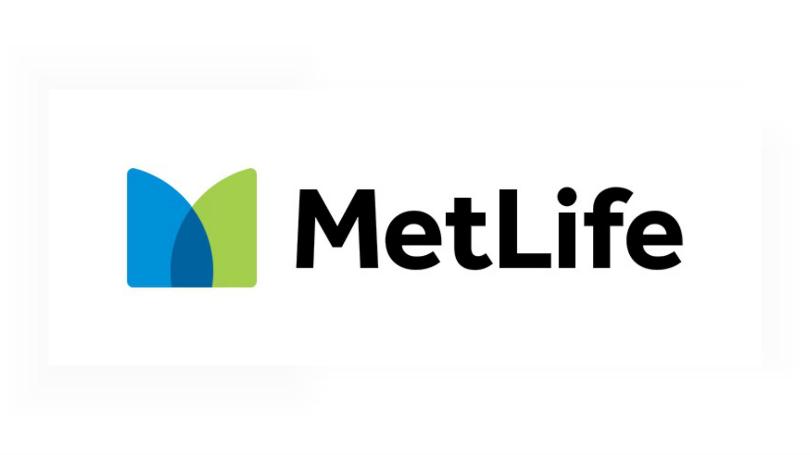by Brad McMillan, CIO, Commonwealth Financial Network
“Sell in May and go away” was certainly on point last month. With U.S. and global markets down significantly, investors closed out the month with a level of worry we have not seen since the end of 2018. Let’s take a look back at this volatile month, as well as what we might expect going forward.
A look back
Worries pile up. The concerns started with economics. Fears of slowing growth, in all major economies, pushed interest rates down worldwide. Here in the U.S., rates declined substantially. This decline left the yield curve inverted for an extended period (two weeks and counting) for the first time since just before the financial crisis. With business confidence dropping and exports weakening, worries about corporate investment rose. Failure to reach an agreement on trade with China, as expected, also raised risks. Then, at month-end, the sudden announcement of immigration-based tariffs on Mexico further rattled markets. From a corporate point of view, May started badly and ended worse, which kept markets on the defensive.
Politics remain in play. In the U.S., the confrontations between the Democrat-controlled House and the White House continued to make headlines, while Robert Mueller’s refusal to exonerate the president added fuel to the fire. Abroad, Italy continued to spend more than the EU wanted, creating another potential crisis. Plus, the U.S.-Iran face-off and the U.S.-North Korea dispute continued to simmer. International risks are higher than they have been in some time, no matter where you look.
All in all, it was a tough month, with risks rising in almost all areas. Given the plethora of bad news, especially around slower growth and potential trade wars, the market pullback was reasonable but could have been worse.
Not all bad news. The reason the pullback wasn’t worse was that not all of the news was bad. In the U.S., consumer confidence and spending started to rebound after a weak patch. As consumers are more than two-thirds of the economy, this bounce matters. Hiring was strong last month, and productivity picked up. Although the economy does appear to be slowing, it is still growing. That growth provided a cushion for the markets as they reacted to the headlines.
The other good news is that, with almost all of the data in, corporate earnings came in much better than anticipated—close to flat against an expected material decline. Normally, flat wouldn’t be anything to cheer. But given how much better the actual results were than expectations, future results are likely to outperform—which should also help support markets.
What also helped the situation was a sense from markets that the scary headlines may end up being just that, instead of something worse. President Trump has a history of dramatic policy announcements that end up being less disruptive than initially feared. This history no doubt tempered the reaction to the Mexico tariffs as well.
A look ahead
Pullback may not last. May’s pullback, while reasonable given all the bad news, may not last. With the fundamentals fairly healthy and the real prospect that the political risks may not be as serious as feared, we could see a recovery. This scenario would be consistent with previous pullbacks, which have been limited and short lived.
May was a tough month, but more from a market and headline perspective than from a fundamental economic one. As such, although we could certainly see more volatility in June, the more likely path forward is for markets to stabilize. And if the economic news and headlines continue to improve? Markets may even bounce back.
Have a great month!
*****
Brad McMillan is the chief investment officer at Commonwealth Financial Network, the nation's largest privately held independent broker/dealer-RIA. He is the primary spokesperson for Commonwealth's investment divisions. This post originally appeared on The Independent Market Observer, a daily blog authored by Brad McMillan.
Forward-looking statements are based on our reasonable expectations and are not guaranteed. Diversification does not assure a profit or protect against loss in declining markets. There is no guarantee that any objective or goal will be achieved. All indices are unmanaged and investors cannot actually invest directly into an index. Unlike investments, indices do not incur management fees, charges, or expenses. Past performance is not indicative of future results.
Commonwealth Financial Network is the nation's largest privately held independent broker/dealer-RIA. This post originally appeared on Commonwealth Independent Advisor, the firm's corporate blog.














